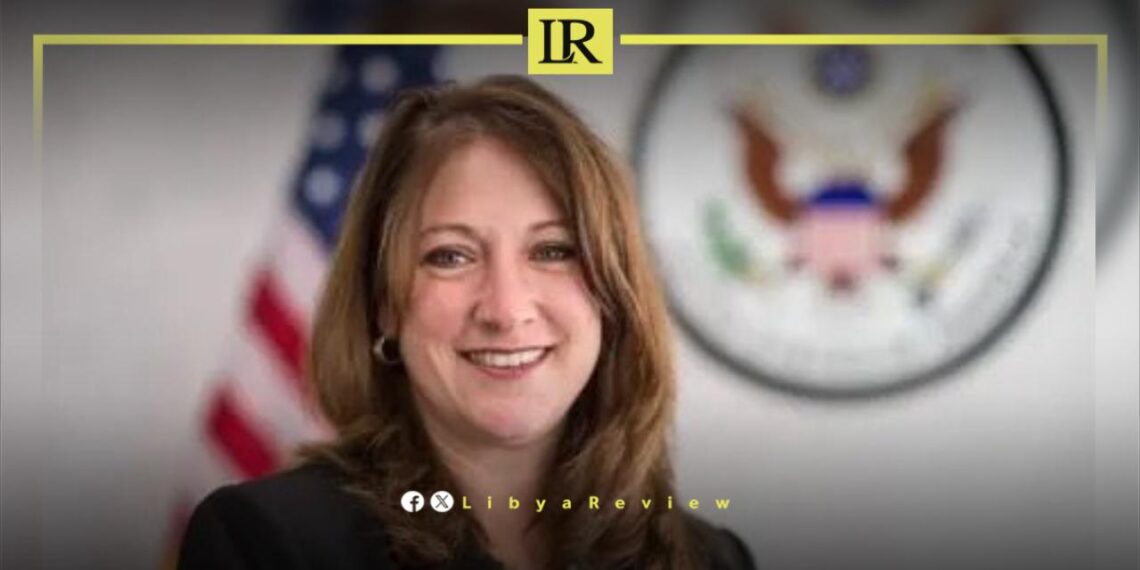On Thursday, the US Ambassador nominee to Libya, Jennifer Gavito, resented her vision before the U.S. Senate, outlining her priorities as she awaits confirmation as Ambassador Extraordinary and Plenipotentiary to Libya.
In her briefing, Gavito stated, “I will work with the United Nations and international partners to achieve a political settlement among the Libyan parties, putting Libya on a path toward unity and elections.” She stressed that Libya faces significant risks and requires special attention, advocating for the United States to lead efforts in resolving the Libyan crisis.
Libya has been in a state of turmoil since the 2011 uprising that resulted in the fall of longtime leader Muammar Gaddafi. Since then, the country has been divided among rival governments and militias vying for power, leading to widespread instability and conflict. Despite numerous international efforts to broker peace, Libya remains fragmented and continues to face severe challenges.
The UN-led peace process has seen some progress, including a ceasefire agreement in October 2020 and the establishment of an interim Government of National Unity (GNU) in March 2021. However, the path to lasting peace and stability is fraught with obstacles such as political divisions, the presence of foreign mercenaries, and ongoing economic difficulties.
Jennifer Gavito’s nomination comes at a critical juncture for Libya. With extensive experience in diplomacy and conflict resolution, she is well-positioned to support Libya’s transition. Her commitment to working closely with the UN and international partners suggests a collaborative approach aimed at fostering a sustainable political solution.
Jennifer served most recently as the Acting Principal Deputy Assistant Secretary of State for Near Eastern Affairs where she coordinated policy recommendations for the Secretary of State and other senior U.S. government leaders and oversaw the work of 22 diplomatic posts in 18 countries throughout the Middle East.
As Gavito prepares to take on her role, the international community will be watching closely to see how U.S. leadership can influence the trajectory of the peace process. Her vision of a unified Libya with a stable political framework highlights the importance of addressing the root causes of conflict and building a foundation for lasting peace.


